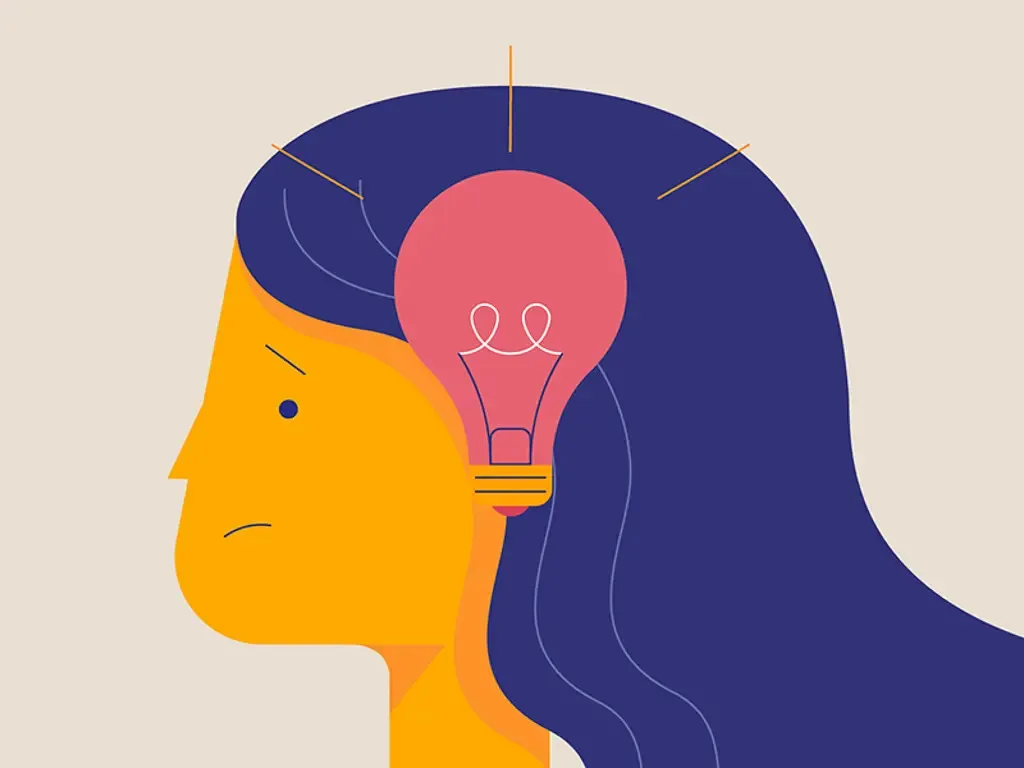In today's fast-paced world, the mental well-being of our youth stands at a critical crossroads. As adolescents navigate the complexities of growing up, they encounter unique challenges that often impact their mental health. Factors like social media, academic stress, and societal expectations can profoundly influence their psychological state, necessitating a concerted effort to provide support and understanding.

One of the most pervasive influences on the mental health of young people is the omnipresence of social media. While these platforms connect individuals globally, they also cultivate an environment where comparison and validation play a significant role. The curated highlight reels often lead to unrealistic expectations, fostering feelings of inadequacy and social pressure. As youth are bombarded with filtered images of perfection, the disparity between reality and online personas becomes a breeding ground for anxiety and self-esteem issues.
Moreover, the relentless demands of academia contribute significantly to the stress experienced by young minds. The pressure to excel in exams, secure admission to prestigious institutions, and meet societal standards of success can weigh heavily on their mental health. The pursuit of perfectionism often comes at the cost of their emotional well-being, leading to burnout, anxiety disorders, and depression.
Societal expectations further compound these challenges, imposing rigid norms and stereotypes that can constrain the emotional expression of young individuals. The stigma surrounding mental health often prevents them from seeking help or expressing their struggles openly. Fear of judgment or being labeled as 'weak' inhibits many from accessing the support they desperately need.
Despite these challenges, there's a growing recognition of the importance of support networks and coping strategies. Creating a more understanding environment begins with fostering open conversations about mental health. Education and awareness campaigns in schools, communities, and media platforms can dismantle the stigma, encouraging dialogue and empathy.
Implementing support systems tailored to the needs of young individuals is crucial. Schools and colleges can provide access to counselors or mental health professionals, offering a safe space for students to seek guidance and support. Peer support groups and clubs focused on mental health awareness can create a sense of community and understanding among students, promoting solidarity and shared experiences.
Equipping young people with coping strategies is equally vital. Techniques such as mindfulness, stress management, and self-care practices empower them to navigate challenges more effectively. Encouraging a balanced approach to academics and extracurricular activities fosters resilience and self-compassion, nurturing a healthier mindset.
In conclusion, addressing the challenges faced by today's youth in terms of mental health necessitates a multifaceted approach. By acknowledging the impact of social media, academic stress, and societal expectations, and by promoting open dialogue, supportive environments, and effective coping mechanisms, we can pave the way toward a future where mental well-being is a priority, and the stigma surrounding it is eradicated.